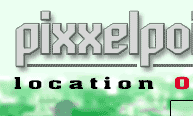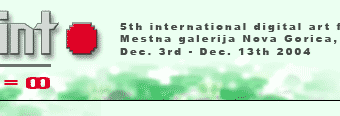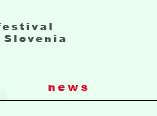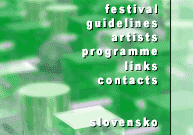
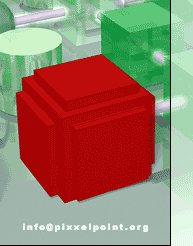

Location 0=∞
Creative Communities and Locative Media
Curators: Dunja Kukovec, Nataša Petrešin
One of the consequences of the contracted space and time, where a certain segment of the world population within the high-tech infrastructure defines information as goods and new technologies as mere tools, is the physical, psychological and social shifting of boundaries as well as creating temporary topologies. The new cartographic, symbolic or emotional mapping of the world carves out space, time and identity to the representative techniques of the temporary selfproviding communities. Within the virtual or geopolitical zones the latter stand for the stream of resistance which has been maintained already by the situationists in their psychogeographical recording through cities. By means of wireless technology the locative and mobile tactical media provide a new record of the subjective itineraries and personal space-time zones within the given geographical situations.
Contemporary transnational politics regards boundaries as always evasive and immaterial definitions which reflect the socio-political situation. Within the current geopolitical conditions boundaries (be it economic, cultural, symbolic or geopolitical) should become permeable, the location intermediate while the citizenship or the belonging to a community should be in constant migration.
Today’s economic map of capital flow into the junctions of world communication networks by no means matches the image of the contemporary world shaped through history. Does the transgression of such boundaries actually take place in this moment or is it a mere fantasy of utopians and activists? How to conquer a space emotionally? Can we give up confines like centre, integrated periphery, attached periphery, forsaken periphery, dead corner or half isolated zones not only on the level of the imaginary, but also on that of the real?
Key words:
cybergeography, psychogeography, data visualisations, tracing routes, community, mapping, grouping, locative and mobile media, browser design, interface creations, networking, statistics, emotional space, situations, social, cartography, temporality, space-time relations, transgression, subjective mapping, political revelations, objective constructs, diagnosis
Enter your e-mail to receive our newsletter.
You will be able to unsubscribe the newsletter anytime following the instructions on every email we'll send you. The newsletter is sent a couple of times a year.
